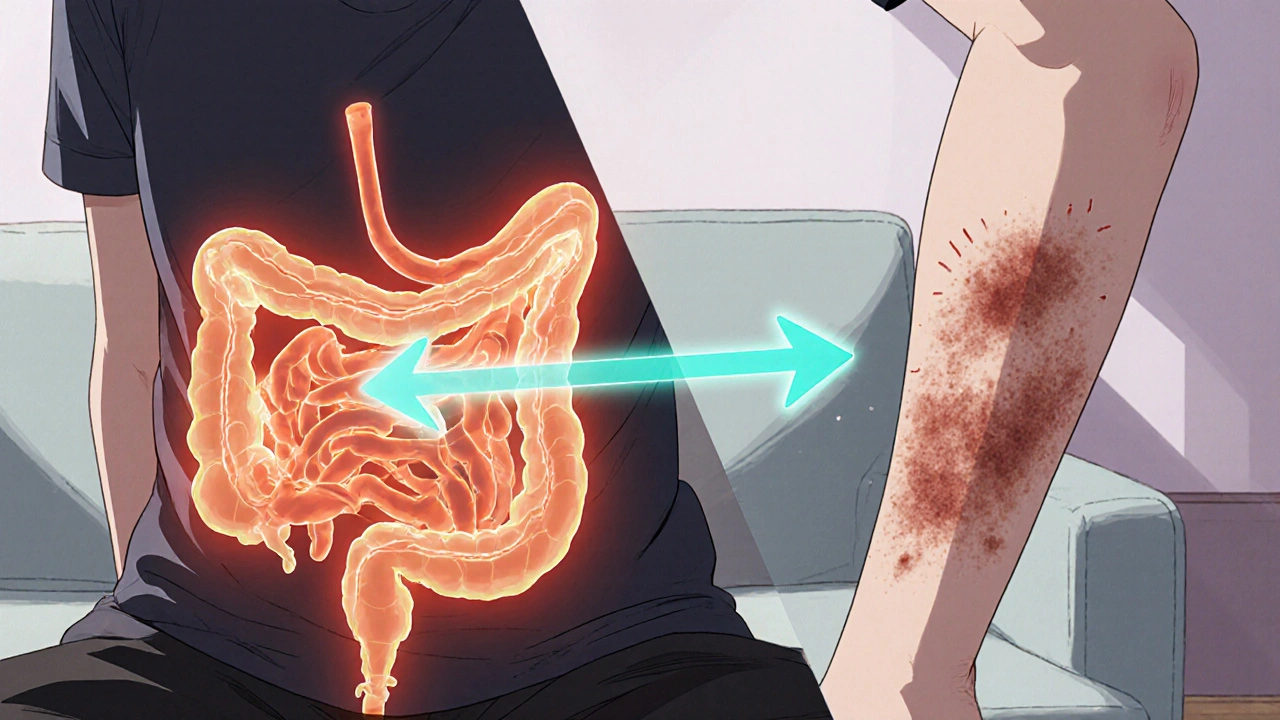Irritable Bowel Syndrome – Everything You Need to Know
When dealing with Irritable Bowel Syndrome, a chronic functional disorder of the gastrointestinal tract marked by abdominal pain, bloating, and irregular bowel habits. Also known as IBS, it affects millions worldwide and often shows up in a person’s twenties or thirties.
Irritable Bowel Syndrome encompasses abdominal pain and altered bowel movements, and it requires a multi‑layered approach to keep symptoms in check. One of the biggest game‑changers is the gut microbiome, the community of trillions of bacteria living in the intestines that helps digest food and modulate immunity. When the microbiome is out of balance, it can amplify IBS flare‑ups. Another cornerstone is the low‑FODMAP diet, a short‑term eating plan that cuts down on fermentable carbs known to trigger gas and cramping. Following this plan can cut symptom severity by up to 70% for many people.
Supporting Factors That Make a Difference
Beyond food, probiotics, live microorganisms that, when taken in adequate amounts, can restore a healthier gut balance, are a popular add‑on. Strains like Bifidobacterium infantis have been shown to soothe bloating and improve stool regularity. Yet, probiotics work best when paired with stress management. Chronic stress activates the gut‑brain axis, worsening motility and pain. Simple techniques—mindful breathing, regular exercise, or short meditation breaks—can calm the nervous system and, in turn, lower IBS symptoms.
Putting these pieces together creates a clear roadmap: IBS requires dietary tweaks, a balanced microbiome, and stress reduction to keep the gut running smoothly. Below you’ll find articles that dive deeper into each of these areas, from detailed low‑FODMAP meal plans to the latest research on probiotic strains and practical tips for managing stress on a busy schedule. Whether you’re just starting to explore IBS or looking for advanced strategies, the collection below offers actionable insights to help you regain control.

